
Sidon: The Ancient Pearl of the Mediterranean
Sidon, known locally as Saida, is a city steeped in history. Nestled along the Mediterranean coast, this ancient city boasts a vibrant blend of the old and the new. Wander through its narrow streets and discover remnants of its Phoenician past, including the famed Sidon Sea Castle, built by the Crusaders in the 13th century. The castle offers breathtaking views of the sea and the city, making it a must-visit for any traveler. In the heart of Sidon lies the bustling Souk, a traditional marketplace that has been the center of commerce for centuries. Here, you can immerse yourself in the rich tapestry of local life. From fragrant spices to hand-woven carpets, the Souk is a sensory delight. Don't miss the chance to sample some of Lebanon's finest street food, with falafel and shawarma stalls offering mouth-watering treats. A visit to Sidon would be incomplete without exploring the Soap Museum. This charming museum, set in a beautiful old building, tells the story of soap-making in Sidon, an industry that dates back hundreds of years. You can even take home a piece of Sidon's heritage with handcrafted soaps available for purchase. For those seeking a moment of tranquility, the serene Bahaa El-Dine Mosque offers a peaceful retreat. Its intricate architecture and serene atmosphere provide a stark contrast to the lively streets outside. Sidon is also home to several beautiful beaches, where you can relax and soak in the Mediterranean sun. From its rich history to its vibrant culture, Sidon is a city that captivates the heart and soul. Whether you're a history buff, a foodie, or simply looking to unwind, Sidon has something for everyone.
Local tips in Sidon
- Visit the Souk early in the morning to avoid the crowds and get the best selection of goods.
- Wear comfortable shoes; Sidon's historic sites and narrow streets are best explored on foot.
- Try local dishes at small, family-run eateries for an authentic taste of Sidon.
- Carry cash; many local shops and markets do not accept credit cards.
- Respect local customs, especially when visiting religious sites; dress modestly and behave respectfully.
Sidon: The Ancient Pearl of the Mediterranean
Sidon, known locally as Saida, is a city steeped in history. Nestled along the Mediterranean coast, this ancient city boasts a vibrant blend of the old and the new. Wander through its narrow streets and discover remnants of its Phoenician past, including the famed Sidon Sea Castle, built by the Crusaders in the 13th century. The castle offers breathtaking views of the sea and the city, making it a must-visit for any traveler. In the heart of Sidon lies the bustling Souk, a traditional marketplace that has been the center of commerce for centuries. Here, you can immerse yourself in the rich tapestry of local life. From fragrant spices to hand-woven carpets, the Souk is a sensory delight. Don't miss the chance to sample some of Lebanon's finest street food, with falafel and shawarma stalls offering mouth-watering treats. A visit to Sidon would be incomplete without exploring the Soap Museum. This charming museum, set in a beautiful old building, tells the story of soap-making in Sidon, an industry that dates back hundreds of years. You can even take home a piece of Sidon's heritage with handcrafted soaps available for purchase. For those seeking a moment of tranquility, the serene Bahaa El-Dine Mosque offers a peaceful retreat. Its intricate architecture and serene atmosphere provide a stark contrast to the lively streets outside. Sidon is also home to several beautiful beaches, where you can relax and soak in the Mediterranean sun. From its rich history to its vibrant culture, Sidon is a city that captivates the heart and soul. Whether you're a history buff, a foodie, or simply looking to unwind, Sidon has something for everyone.
When is the best time to go to Sidon?
Iconic landmarks you can’t miss
Sidon Sea Castle
Visit the Sidon Sea Castle, a stunning historical fortress offering breathtaking views of the Mediterranean and a glimpse into Lebanon's rich maritime heritage.
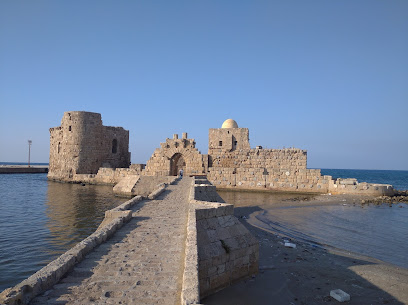
Soap Museum - Saida
Discover the art and heritage of Lebanese soap making at the Soap Museum in Saida, a unique cultural gem in the heart of the Old Town.
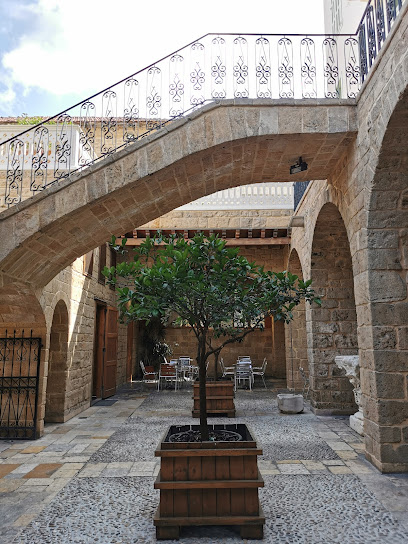
Khan El Franj
Discover the rich history and stunning architecture of Khan El Franj in Sidon, a must-visit landmark that captures Lebanon's vibrant past.
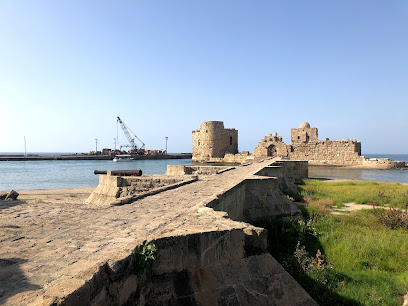
Beit Al Samak
Discover the best seafood dining experience at Beit Al Samak in Sidon, where fresh catches and stunning views await.
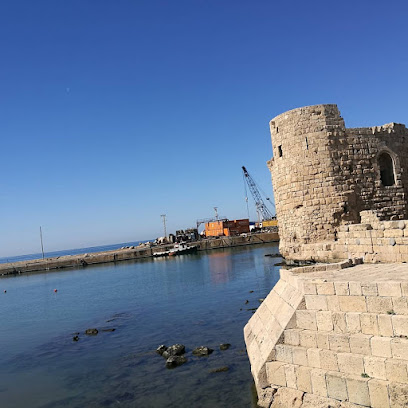
Saida historical city
Discover Saida, Lebanon's historical city, where ancient ruins meet vibrant markets and Mediterranean charm awaits every traveler.
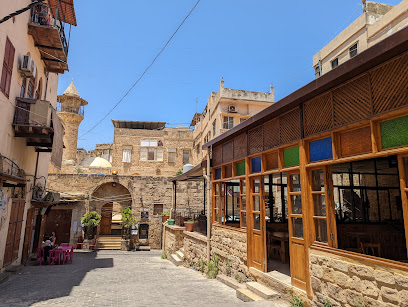
Saint Louis Castle
Discover the rich history and breathtaking views at Saint Louis Castle, a medieval gem in Sidon, Lebanon.
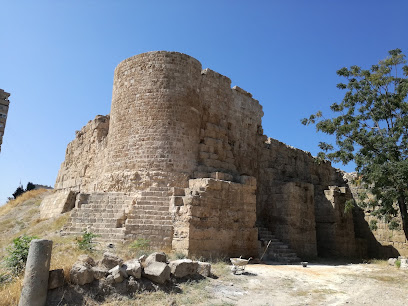
Saida Public Beach
Discover the charm of Saida Public Beach, a vibrant seaside escape in Sidon, perfect for swimming, sunbathing, and savoring local delicacies.
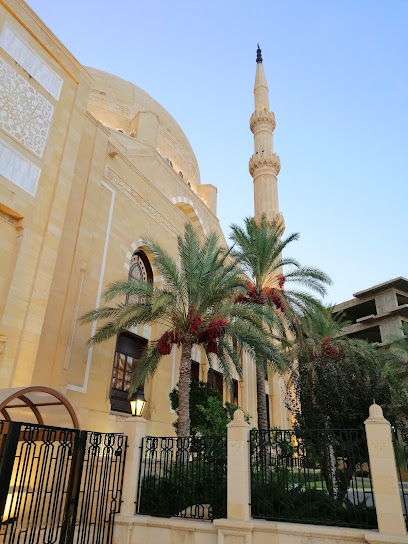
Temple of Eshmun
Unveil the historical treasures of the Temple of Eshmun, an ancient Phoenician sanctuary, and immerse yourself in its mystical heritage.
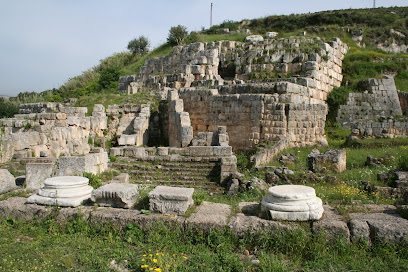
Saida Port
Explore the vibrant Saida Port in Sidon, Lebanon, where history meets the Mediterranean, offering fresh seafood, stunning views, and rich local culture.
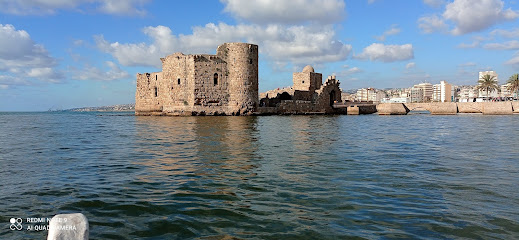
Dabane Palace
Explore the captivating history and culture of Sidon at Dabane Palace, a local history museum showcasing rich artifacts and stunning architecture.
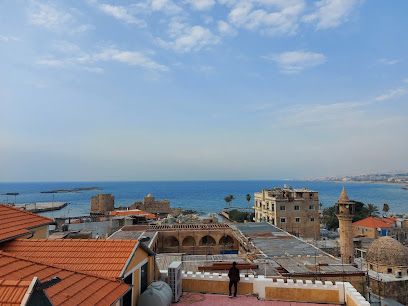
Hammam Al Jadeed حمام الجديد
Explore Hammam Al Jadeed in Saida, a historic museum that reveals the rich cultural heritage of Lebanon through traditional bathing practices and captivating exhibits.
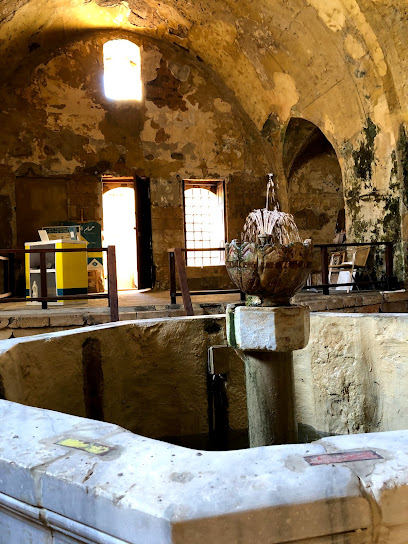
St. Nicholas Church
Explore the historic St. Nicholas Church in Sidon, a remarkable blend of architectural beauty and cultural heritage in Lebanon's vibrant city.
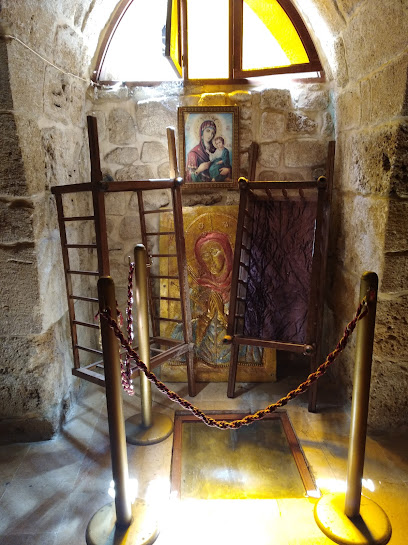
Khan Sacy
Explore the rich heritage of Sidon at Khan Sacy, a museum that brings the vibrant culture and history of Lebanon to life.
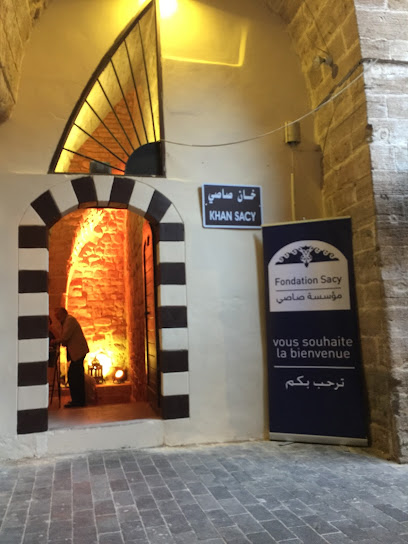
Diwan Saida Al Balad
Explore the historical wonders of Sidon with expert guidance at Diwan Saida Al Balad, your essential tourist information center in Old Saida.
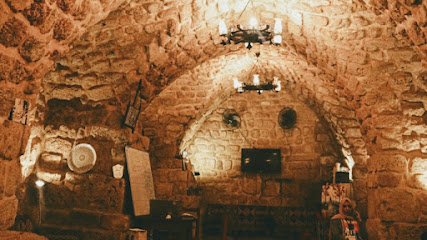
Hammam el-Sheikh
Experience the rich heritage and rejuvenating rituals of Hammam el-Sheikh in Sidon, Lebanon, where tradition meets tranquility in a stunning setting.
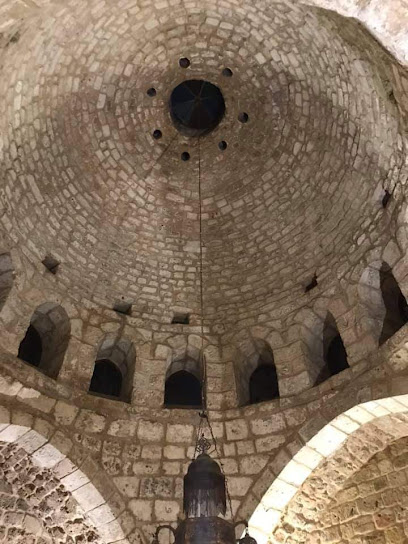
Unmissable attractions to see
Tel Dan Nature Reserve
Explore lush landscapes and ancient ruins at Tel Dan Nature Reserve, where the Jordan River begins its journey.
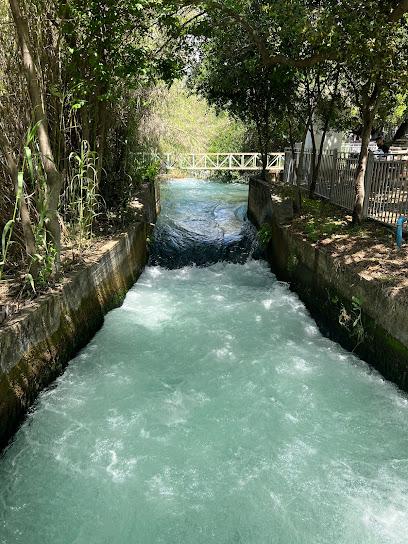
Zaituna Bay
Experience Beirut's vibrant waterfront at Zaitunay Bay: a modern marina offering dining, leisure, and stunning Mediterranean views.
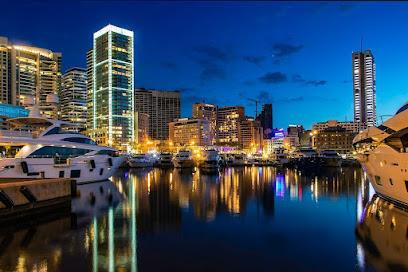
Hermon Stream Nature Reserve
Explore Israel's natural beauty and ancient history at Hermon Stream Nature Reserve, home to stunning waterfalls, lush landscapes, and archaeological wonders.
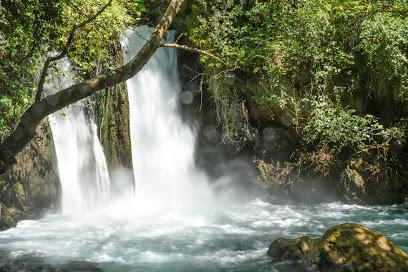
Al Raouche Rocks
Iconic limestone formations rising from the Mediterranean Sea, offering breathtaking views and a glimpse into Beirut's soul.
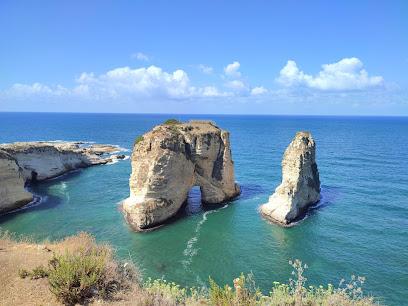
Nahal Snir Nature Preserve
Discover Nahal Snir Nature Preserve: A Galilee oasis with lush trails, refreshing streams, and tranquil picnic spots. Perfect for nature lovers!
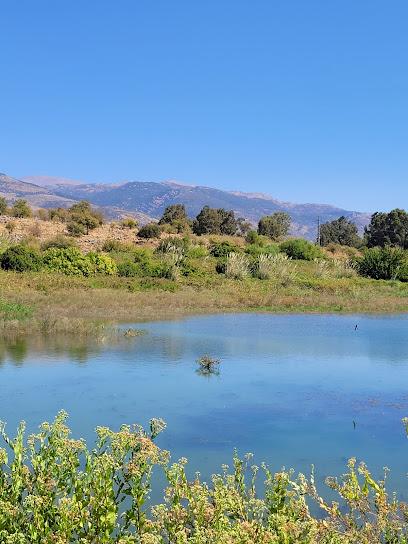
Nimrod Fortress National Park
Explore Israel's largest medieval castle, offering panoramic views and a glimpse into Crusader, Ayyubid, and Mamluk history.
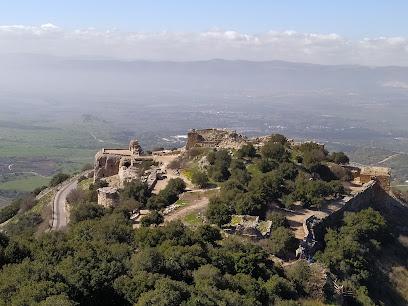
Sidon Sea Castle
Explore the historic Sidon Sea Castle, a medieval fortress offering stunning views and a glimpse into Lebanon's Crusader past.
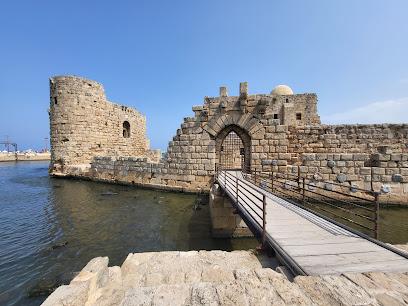
Mohammad Al Amin Mosque
Explore Martyrs' Square in Beirut: a historic landmark, witness to Lebanon's past, and a vibrant public space in the heart of the city.
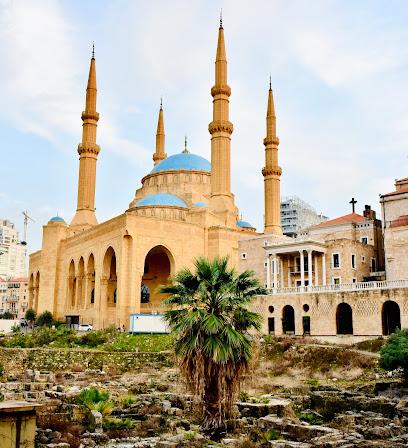
National Museum of Beirut
Discover Lebanon's ancient past at the National Museum of Beirut, showcasing Phoenician, Roman, and Islamic treasures.
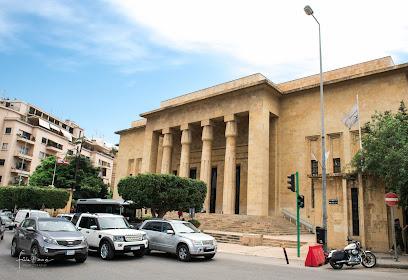
Moussa Castle
Discover Moussa Castle: A testament to Lebanese heritage, showcasing a lifetime dream in stone near Deir el Qamar.
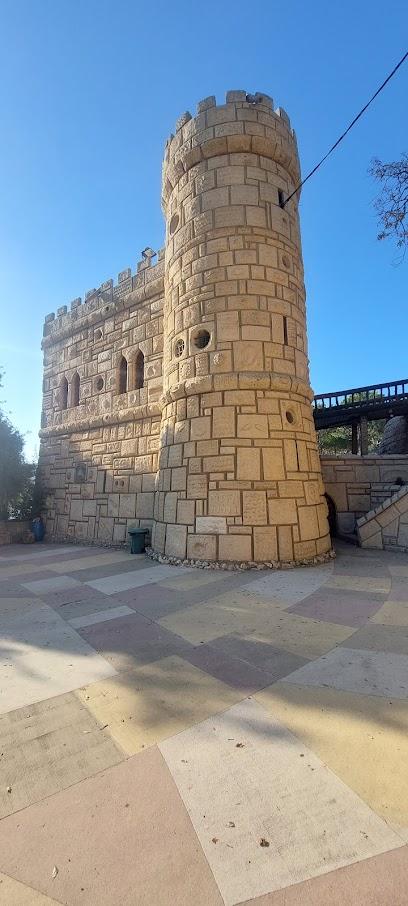
Corniche El Manara, Ain El Mraiseh
Experience Beirut's vibrant seaside culture at Corniche El Manara: stunning views, lively atmosphere, and a taste of Lebanese life.
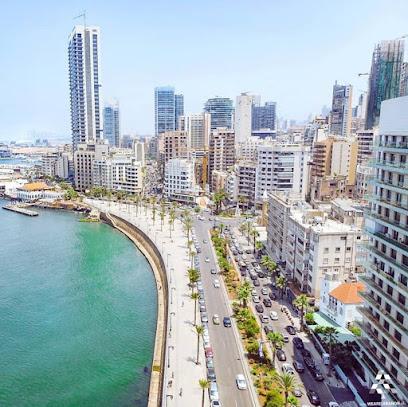
Nicolas Sursock Museum
Explore modern & contemporary art in a historic Beirut villa. Discover Lebanese and international masterpieces at the Sursock Museum.
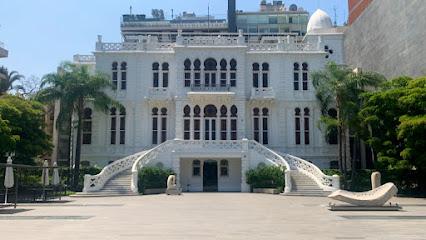
Tyre Beach
Discover Tyre Beach: Where ancient history meets pristine shores. Relax, explore, and immerse yourself in Lebanon's coastal charm.
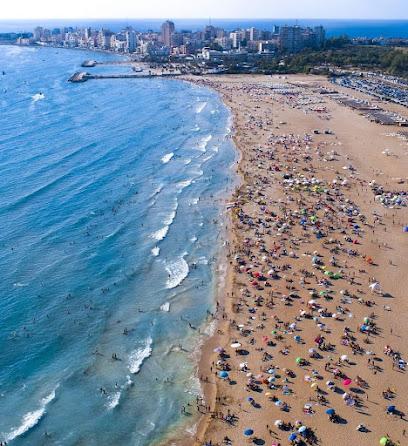
Jezzine Waterfall
Experience the majestic Jezzine Waterfall in Lebanon, a natural wonder offering breathtaking views, serene hiking trails, and a rich historical backdrop.
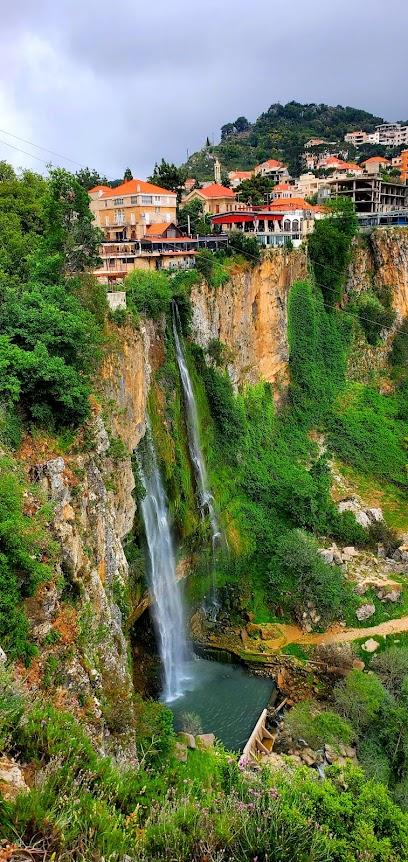
Shouf Biosphere Reserve Barouk Cedar Forest
Discover ancient cedars, diverse wildlife, and stunning landscapes in Lebanon's largest nature reserve, a UNESCO Biosphere Reserve.
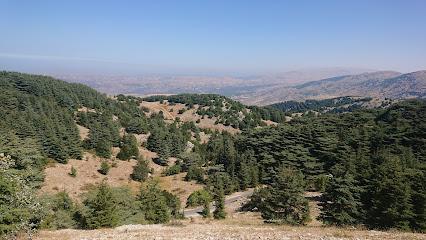
Essential places to dine
El Mostachar Restaurant (المستشار)
Discover authentic Lebanese flavors at El Mostachar Restaurant in Sidon - where tradition meets taste in every dish.
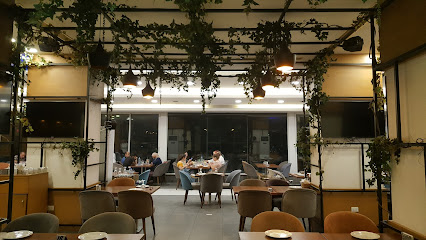
Station Restaurant
Discover authentic Lebanese flavors at Station Restaurant in Sidon, where shawarma meets tradition in a vibrant setting.
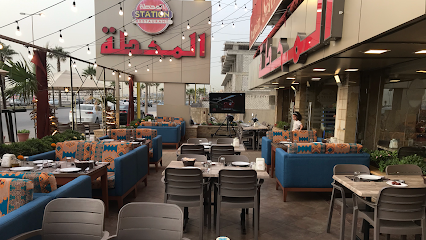
Saida Rest House Restaurant
Experience authentic Lebanese cuisine at Saida Rest House Restaurant in Sidon - where tradition meets taste.
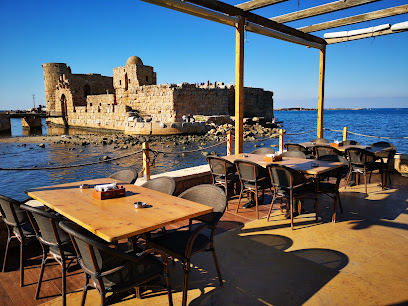
Captain Seafood Restaurant
Experience fresh coastal cuisine at Captain Seafood Restaurant – where every meal is a celebration of flavor.
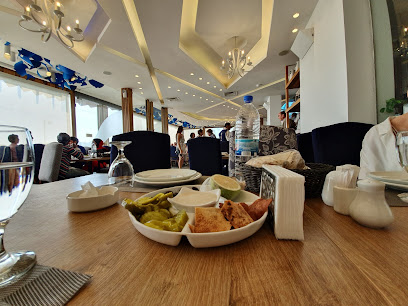
ZAWAT RESTAURANT
Discover Zawat Restaurant in Sidon for authentic Lebanese cuisine paired with stunning views of the historic castle.
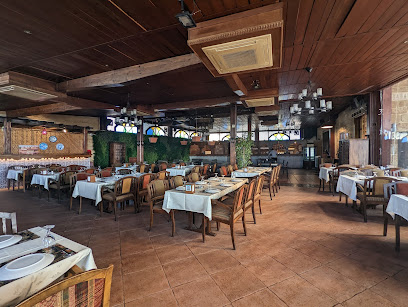
ZOYA
Discover the flavors of Lebanon at ZOYA - Sidon's premier restaurant offering exquisite dishes in an inviting atmosphere.
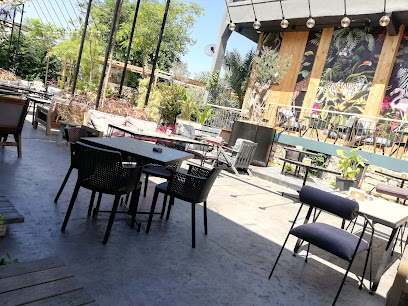
فول الزعيم
Discover authentic Lebanese flavors at فول الزعيم in Sidon - where tradition meets taste in every dish.
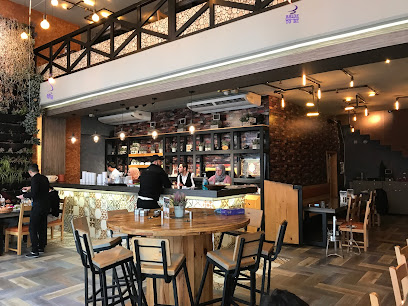
Taracina
Discover authentic Lebanese flavors at Taracina in Majdelyoun—where culinary tradition meets modern elegance.
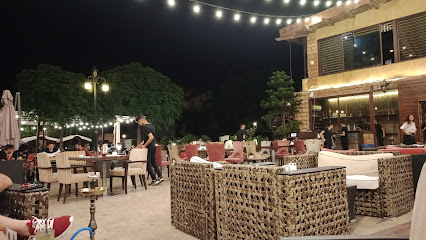
Samouka
Experience authentic Lebanese seafood at Samouka in Sidon - where freshness meets tradition.
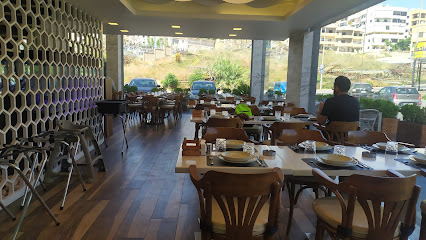
أهل الراية ( فوارغ و كراعين)
Discover authentic Lebanese flavors at أهل الراية (فوارغ و كراعين) in Sidon – a culinary experience not to be missed!
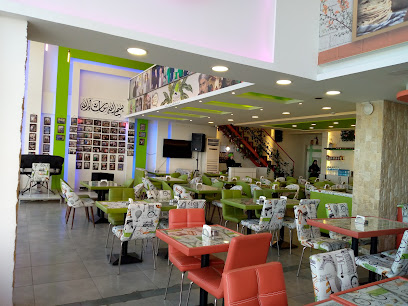
Cocktailla
Experience the vibrant culinary scene at Cocktailla in Sidon - where local flavors meet innovative cocktails in an inviting atmosphere.
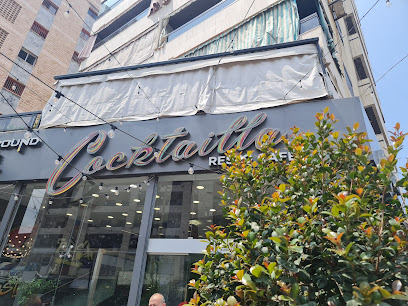
Beit Al Samak
Experience exquisite seafood dining at Beit Al Samak in Sidon – where fresh catches meet breathtaking Mediterranean views.
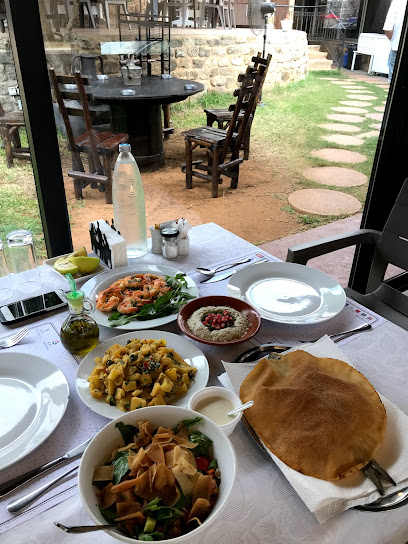
Spuntino Di Shadi
Discover authentic Lebanese fast food at Spuntino Di Shadi in Sidon – where flavor meets convenience.
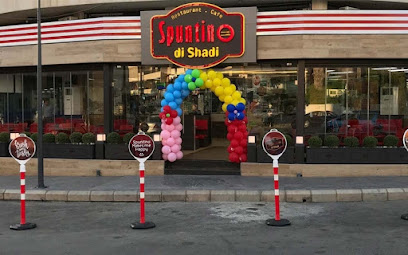
3ajineh عجينة
Discover authentic Lebanese cuisine at 3ajineh عجينة – where every dish tells a story of tradition and flavor.
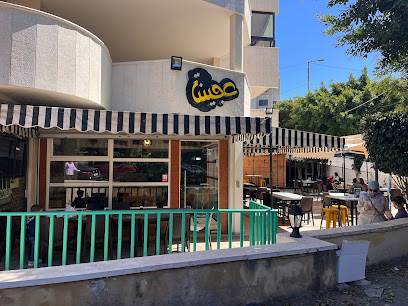
Remas Restaurant
Experience authentic Lebanese cuisine at Remas Restaurant in Sidon—where tradition meets flavor in every bite.
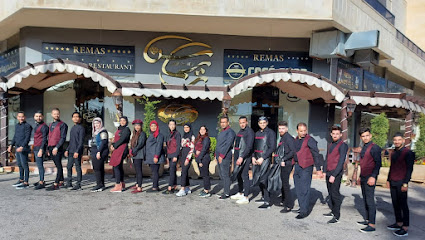
Markets, malls and hidden boutiques
LeMall Saida
Discover a vibrant shopping experience at LeMall Saida in Sidon, Lebanon, where fashion, dining, and entertainment come together in a stunning setting.
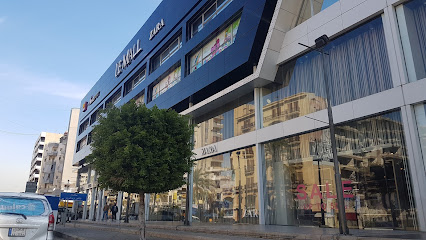
Saida souks, أسواق صيدا
Discover the lively Saida Souks in Sidon, a perfect blend of tradition and modern shopping with unique Lebanese crafts and delicious local flavors.
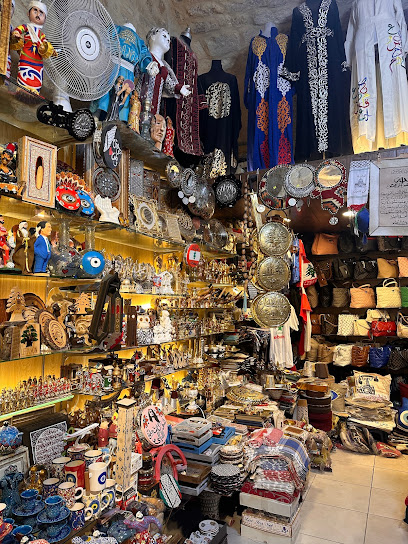
Everythink
Discover Everythink in Sidon - a vibrant shopping mall offering a mix of local and international brands, delicious dining, and entertainment for all ages.
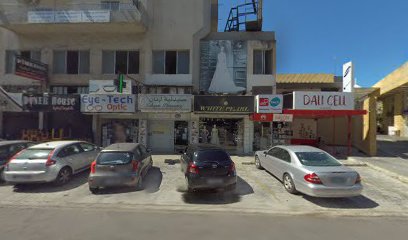
Kado Lorena
Discover unique Lebanese gifts and souvenirs at Kado Lorena, a charming gift shop in the heart of Sidon, filled with local handicrafts and treasures.
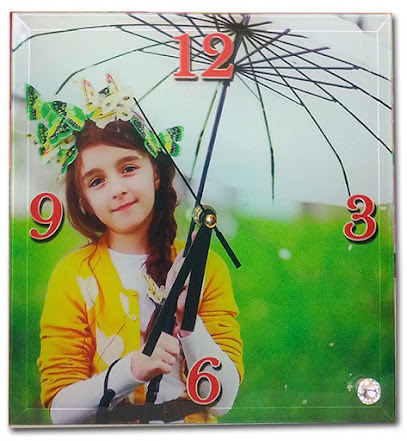
Basic Outlet Stores
Explore Basic Outlet Stores in Sidon for a shopping experience filled with great deals on men's, women's, and children's fashion.
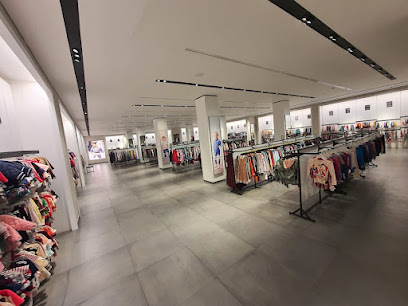
سوق صيدا القديم
Discover the charm of Sidon's Old Souk, where history meets vibrant local culture through unique crafts, delicious food, and lively market scenes.
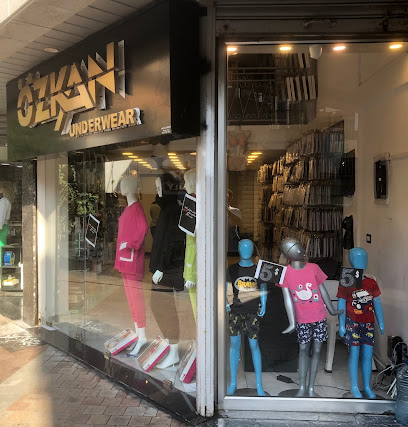
White World Lebanon
Explore unique fashion at White World Lebanon - where contemporary style meets traditional Lebanese elegance in Haret Saida.
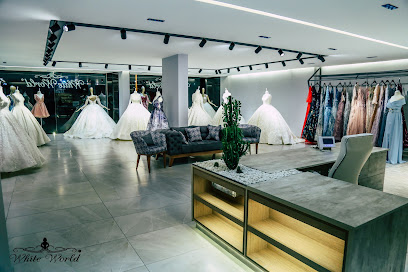
saidastores
Explore the vibrant clothing store, Saidastores, in Sidon for a unique blend of local and modern fashion trends.
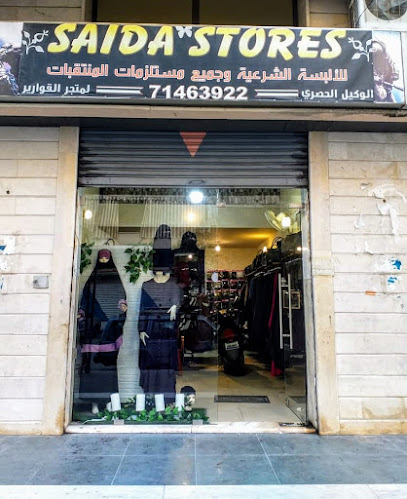
Lebanon Souk
Explore the lively Lebanon Souk in Sidon, where tradition meets modern shopping and culinary delights await every visitor.
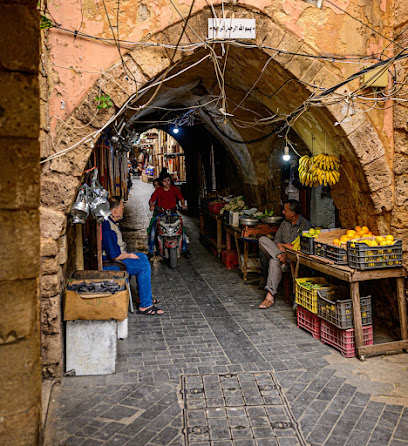
Cadeaux Darazi - كادو درزي
Discover unique gifts and authentic Lebanese crafts at Cadeaux Darazi, Sidon's premier gift shop for tourists seeking memorable souvenirs.
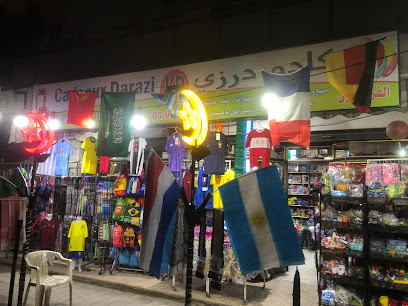
See You Store
Explore unique fashion and local designs at See You Store in Sidon, a trendy boutique for stylish clothing and accessories.
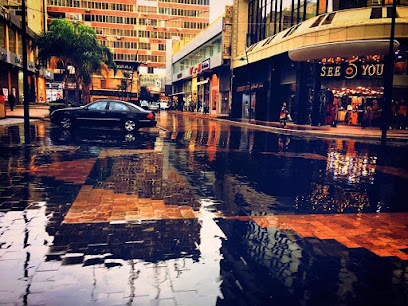
Euro Fashion House
Explore the unique and affordable fashion finds at Euro Fashion House, a captivating thrift store in the heart of Sidon, Lebanon.
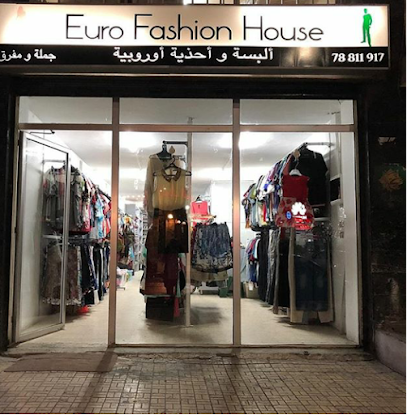
Aleen Wear
Explore a trendy women's clothing store in Sidon, where style meets elegance with a diverse selection of fashionable outfits.

SPECIAL
Explore Sidon's premier gift shop for unique souvenirs and local crafts that embody the spirit of Lebanon, perfect for tourists and travelers.
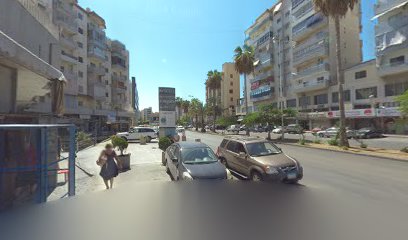
PLAZA SHOPPING CENTER (SAIDA PLAZA)
Explore the Plaza Shopping Center in Sidon – A vibrant shopping and dining haven in the heart of Lebanon.

Essential bars & hidden hideouts
El Mostachar Restaurant (المستشار)
Discover the essence of Lebanese cuisine at El Mostachar Restaurant in Sidon, where traditional flavors meet warm hospitality.
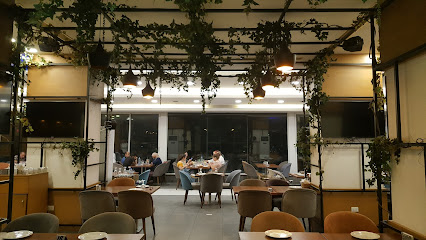
Saida Rest House Restaurant
Experience the essence of Lebanese cuisine at Saida Rest House Restaurant, where culinary delights meet breathtaking views in the heart of Sidon.
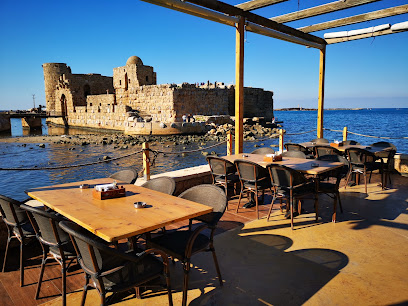
ZAWAT RESTAURANT
Savor the flavors of Lebanon at Zawat Restaurant with stunning views of Sidon Castle and an array of authentic dishes.
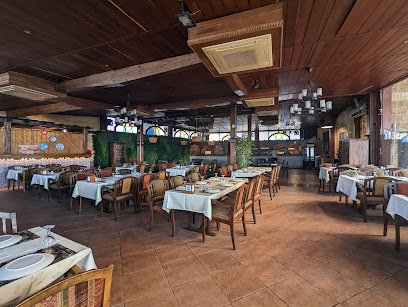
Cocktailla
Discover the vibrant flavors of Mediterranean cuisine at Cocktailla, a must-visit restaurant in the heart of Sidon.
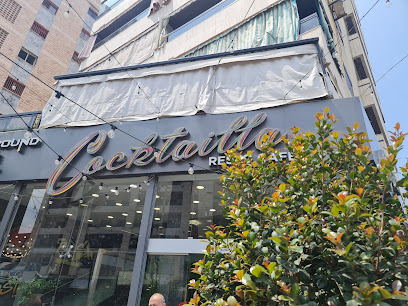
Beit Al Samak
Indulge in the freshest seafood at Beit Al Samak, a culinary gem on Sidon's stunning coastline, where taste meets breathtaking views.
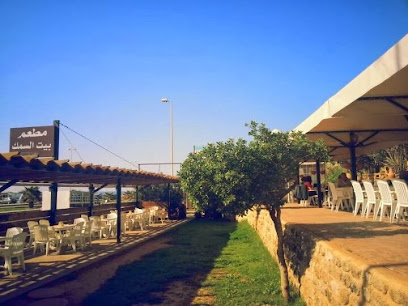
KALAMANJI
Discover the vibrant flavors of Kalamaji in Sidon, where delicious food and a lively atmosphere come together for an unforgettable dining experience.
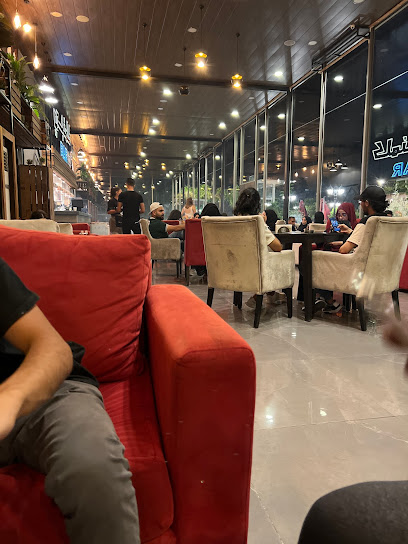
MIXER JUICE (welovemixer) Crepe, Cocktail and Saj
Experience a refreshing blend of juices, crepes, and desserts at Mixer Juice, a must-visit spot for food lovers in Saida.
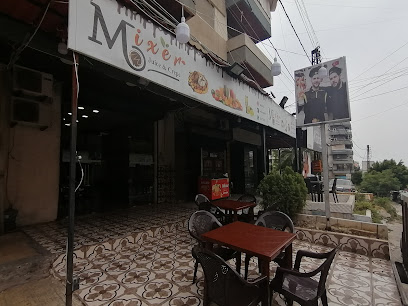
Kahwet Saida
Experience the authentic flavors of Lebanon at Kahwet Saida, a top dining spot in Sidon with stunning Mediterranean views.
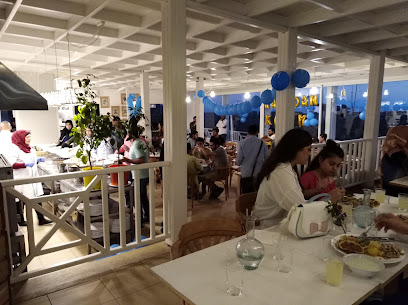
Burger Experiment
Experience the best of American and Lebanese cuisine at Burger Experiment, where every burger is a delicious adventure in Sidon.
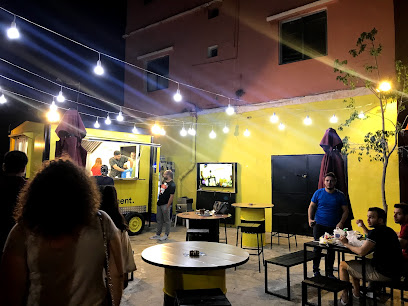
Punch Cocktail Bar
Experience the vibrant nightlife of Salhiyeh at Punch Cocktail Bar, where expertly crafted cocktails and a lively atmosphere await you.
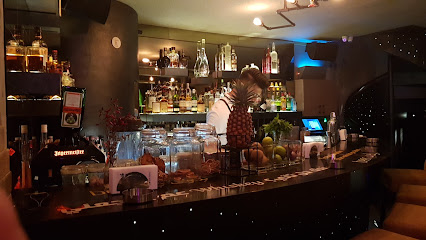
bourj al akhdar
Experience the rich flavors of Lebanese cuisine at Bourj Al Akhdar, a vibrant bar and restaurant in the heart of Sidon.
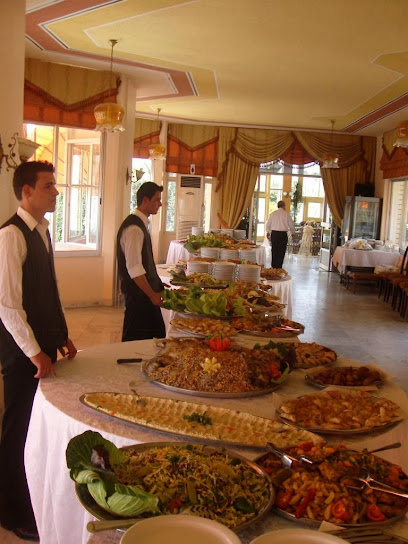
La Marsa Garden
Experience the culinary delights of La Marsa Garden, where local flavors meet stunning seaside views in Sidon, Lebanon.
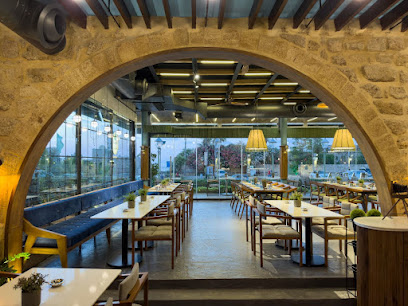
D Lounge
Experience the vibrant atmosphere of D Lounge in Salhiyeh, a chic retreat for socializing with great drinks and live entertainment.
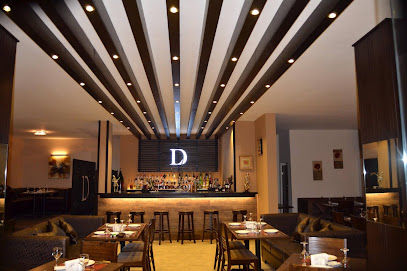
Don Lounge Lb
Experience the vibrant ambiance and delectable menu at Don Lounge Lb, a must-visit destination in the heart of Saida, Lebanon.
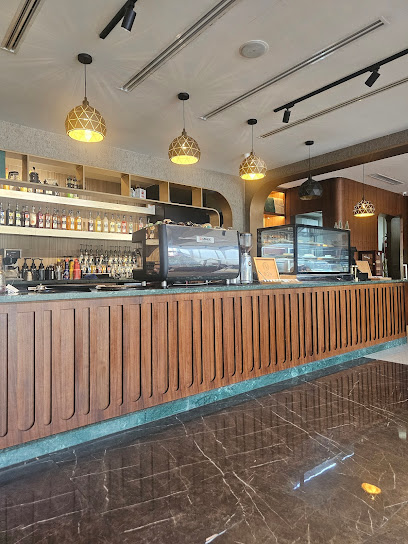
Local Phrases
-
- Helloمرحبا
[marhaba] - Goodbyeوداعا
[wada'an] - Yesنعم
[naam] - Noلا
[la] - Please/You're welcomeمن فضلك
[min fadlak] - Thank youشكرا
[shukran] - Excuse me/Sorryعذرا
['udhran] - How are you?كيف حالك؟
[kayfa halak?] - Fine. And you?بخير. وأنت؟
[bikhayr. wa ant?] - Do you speak English?هل تتكلم الانكليزية؟
[hal tatakallam al-injiliziya?] - I don't understandأنا لا أفهم
[ana la afham]
- Helloمرحبا
-
- I'd like to see the menu, pleaseأريد رؤية القائمة، من فضلك
[urid ru'ya al-qa'imah, min fadlak] - I don't eat meatأنا لا آكل اللحم
[ana la akl al-lahm] - Cheers!في صحتك!
[fi sahtak!] - I would like to pay, pleaseأود أن أدفع، من فضلك
[awad an adfa', min fadlak]
- I'd like to see the menu, pleaseأريد رؤية القائمة، من فضلك
-
- Help!النجدة!
[al-najdah!] - Go away!انصرف!
[insarf!] - Call the Police!اتصل بالشرطة!
[itassal bil-shurtah!] - Call a doctor!اتصل بطبيب!
[itassal bitabib!] - I'm lostلقد ضللت
[laqad dalalt] - I'm illأنا مريض
[ana mareed]
- Help!النجدة!
-
- I'd like to buy...أريد أن أشتري...
[urid an ashtari...] - I'm just lookingأنا فقط أتفرج
[ana faqat atfarij] - How much is it?كم سعره؟
[kam si'ruh?] - That's too expensiveهذا غالي جدا
[hatha ghali jiddan] - Can you lower the price?هل يمكنك خفض السعر؟
[hal yumkinuk khafd al-si'ru?]
- I'd like to buy...أريد أن أشتري...
-
- What time is it?كم الساعة؟
[kam al-sa'ah?] - It's one o'clockالساعة الواحدة
[al-sa'ah al-wahidah] - Half past (10)الساعة العاشرة والنصف
[al-sa'ah al-'ashirah w al-nisf] - Morningالصباح
[al-sabah] - Afternoonالظهر
[al-dhuhr] - Eveningالمساء
[al-masa'] - Yesterdayأمس
[ams] - Todayاليوم
[al-yawm] - Tomorrowغدا
[ghadan] - 1واحد
[wahid] - 2إثنان
[ithnan] - 3ثلاثة
[thalathah] - 4أربعة
[arba'ah] - 5خمسة
[khamsah] - 6ستة
[sittah] - 7سبعة
[sab'ah] - 8ثمانية
[thamaniah] - 9تسعة
[tis'ah] - 10عشرة
[asharah]
- What time is it?كم الساعة؟
-
- Where's a/the...?أين...؟
[ayn...?] - What's the address?ما هو العنوان؟
[ma huwa al-'unwan?] - Can you show me (on the map)?هل يمكنك أن تريني (على الخريطة)؟
[hal yumkinuk an tarini (ala al-kharitah)?] - When's the next (bus)?متى الحافلة القادمة؟
[mata al-hafilah al-qadimah?] - A ticket (to ....)تذكرة (إلى...)
[tadhkirah (ila...)]
- Where's a/the...?أين...؟
History of Sidon
-
Sidon, one of the oldest cities in the world, was a prominent city-state of the ancient Phoenicians. It was founded before 4000 BCE and quickly became a leading maritime and trade center due to its strategic coastal location. The Phoenicians of Sidon were known for their skills in shipbuilding, navigation, and glass-making, and they established trade networks that spanned the Mediterranean.
-
During the second millennium BCE, Sidon came under the influence and control of ancient Egypt. This period saw a blend of Egyptian and Phoenician culture, as evidenced by archaeological finds such as Egyptian-style artifacts and inscriptions. Sidon's allegiance to Egypt helped it gain protection and further its economic prosperity.
-
In the 8th century BCE, Sidon came under the control of the Assyrian Empire, which imposed heavy tributes on the city. After the fall of the Assyrians, Sidon fell into the hands of the Babylonians. During these periods, Sidon experienced moments of rebellion and destruction but ultimately remained an important city in the region.
-
Sidon flourished under the Achaemenid Persian Empire from the 6th to 4th centuries BCE. The city was granted a high degree of autonomy and became a vital part of the Persian naval fleet. Sidon's shipbuilders were renowned, and the city's influence extended throughout the Mediterranean.
-
Following Alexander the Great's conquest of the Persian Empire in 333 BCE, Sidon became a part of the Hellenistic world. The city's culture and architecture were significantly influenced by Greek traditions. It enjoyed a period of relative peace and prosperity under the rule of the Ptolemies and later the Seleucids.
-
Sidon was incorporated into the Roman Empire in 64 BCE. Under Roman rule, the city retained a degree of autonomy and continued to prosper as a major center of commerce and culture. Roman architecture, including temples, amphitheaters, and baths, left its mark on Sidon's landscape.
-
During the Byzantine era, Sidon remained an important city, but it faced challenges from natural disasters and invasions. In the 7th century, Sidon was conquered by Muslim Arab forces and became part of the early Islamic Caliphates. The city experienced a period of decline but remained a significant port and trade hub.
-
In the 12th century, Sidon was captured by Crusader forces and became part of the Kingdom of Jerusalem. The Crusaders fortified the city, but it was later recaptured by the Muslim forces of Salah ad-Din. In the 13th century, the Mamluks took control of Sidon, and the city experienced a revival with new construction and trade activities.
-
Sidon was incorporated into the Ottoman Empire in the early 16th century. The city functioned as an important administrative and commercial center within the empire. The Ottoman period saw the construction of significant buildings, including mosques, khans, and souks, many of which still stand today.
-
In the 20th century, Sidon became part of the newly established state of Lebanon. The city has witnessed significant growth and modernization while preserving its rich historical heritage. Today, Sidon is a vibrant city that blends ancient history with contemporary culture, making it a fascinating destination for travelers.
Sidon Essentials
-
Sidon is located approximately 40 kilometers south of Beirut, the capital of Lebanon. The nearest international airport is Beirut-Rafic Hariri International Airport. From Beirut, you can reach Sidon by taking a taxi or a bus. Taxis are readily available at the airport and offer a direct route to Sidon, taking around 45 minutes. Alternatively, buses operated by the Lebanese Commuting Company (LCC) run regularly from Beirut to Sidon, providing a budget-friendly option for travelers.
-
Sidon's city center is relatively compact, making it easy to explore on foot. For longer distances, taxis are a convenient and widely available option. It is advisable to agree on the fare before starting your journey. Public minibuses (known locally as 'service') also operate within Sidon and connect to nearby towns. These are an affordable way to get around but can be crowded. Renting a car is another option, though navigating the local traffic can be challenging for first-time visitors.
-
The official currency in Lebanon is the Lebanese Pound (LBP). US dollars are also widely accepted in Sidon. Credit cards can be used in most hotels, restaurants, and larger shops. However, it is advisable to carry cash for smaller establishments and markets. ATMs are available throughout Sidon, allowing you to withdraw local currency or US dollars as needed.
-
Sidon is generally safe for tourists, but it is important to take standard precautions. Avoid walking alone at night in unfamiliar or poorly lit areas. Be cautious with your belongings in crowded places such as markets and tourist attractions. Some areas in Sidon, particularly those on the outskirts, may have higher crime rates. It is best to stay in well-populated and well-lit areas, especially after dark.
-
In case of emergency, dial 112 for police assistance, 140 for medical emergencies, and 175 for the fire department. Sidon has several medical facilities, including the Hammoud Hospital University Medical Center. It is advisable to have travel insurance that covers medical emergencies. Pharmacies are also available throughout the city for minor health issues and over-the-counter medications.
-
Fashion: Do dress modestly, especially when visiting religious sites. Avoid wearing revealing clothing. Religion: Do respect local customs and traditions. Women should consider covering their heads when entering mosques. Public Transport: Do be respectful and give up your seat to elderly passengers. Don't eat or drink on public transport. Greetings: Do greet people with a handshake or the local custom of cheek kisses among close acquaintances. Eating & Drinking: Do try local delicacies and accept food offerings graciously. Don't refuse hospitality, as it is considered impolite.
-
To experience Sidon like a local, visit the Sidon Souks, where you can buy fresh produce, spices, and traditional goods. Engage with locals, who are often friendly and willing to share stories about the city's history and culture. Don't miss visiting the Sidon Sea Castle and the Debbane Palace. For a unique culinary experience, try the local seafood at one of the coastal restaurants. Additionally, consider taking a stroll along the Corniche, especially at sunset, to enjoy the scenic views and local atmosphere.
Nearby Cities to Sidon
-
Things To Do in Deir el Qamar
-
Things To Do in Marjayoun
-
Things To Do in Aley
-
Things To Do in Tyre
-
Things To Do in Beirut
-
Things To Do in Rashaya
-
Things To Do in Broummana
-
Things To Do in Jounieh
-
Things To Do in Anjar
-
Things To Do in Rosh HaNikra
-
Things To Do in Zahle
-
Things To Do in Nahariya
-
Things To Do in Safed
-
Things To Do in Byblos
-
Things To Do in Akko









